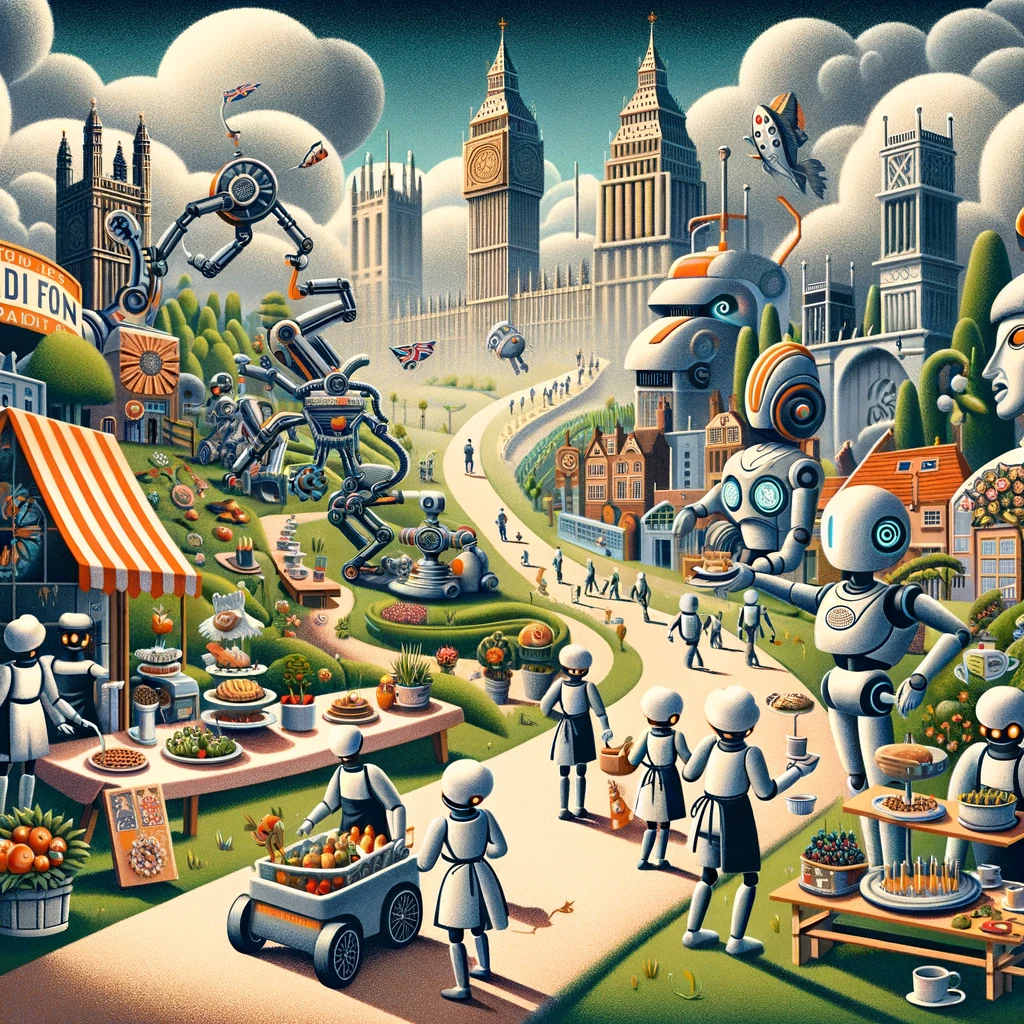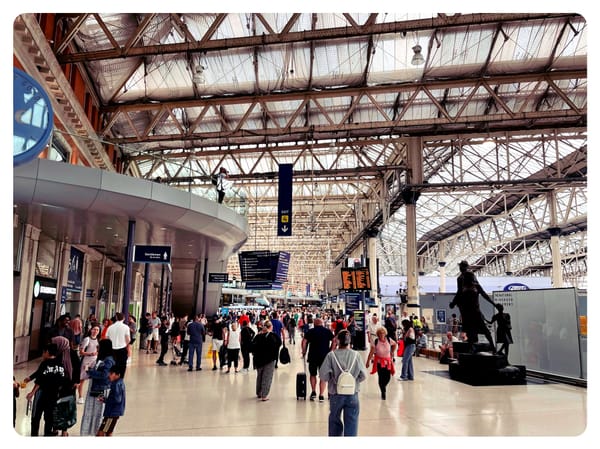Over Half of Jobs in UK Are at Risk of Being Lost to AI
New data has revealed that in some UK sectors, over half of the jobs are at risk of being taken over by AI within the next 11 years. Analyzing data from PwC and ONS and found that over 30% of jobs in Britain could be taken over by artificial intelligence (AI).

As inflation continues to drive up the cost of living, advancement of Artificial Intelligence technology has seen jobs vanish for those desperate to make ends meet. Generative AI in particular has led work to become faster and more accurate and in some cases removed potential jobs altogether. But which UK industries are the most at risk of having their jobs being taken over by AI?
New data has revealed that in some UK sectors, over half of the jobs are at risk of being taken over by AI within the next 11 years. Analyzing data from PwC and ONS and found that over 30% of jobs in Britain could be taken over by artificial intelligence (AI).
AI systems are poised to significantly impact the UK job market by 2035, with the catering industry facing the highest risk. Over half of its jobs (54%) could be automated, resulting in around 2.42 million job losses, which is more than six times the number predicted in the human health and social work sector. The arts, entertainment, and recreation sectors are also vulnerable, with 45% of jobs at risk and approximately 992,350 predicted losses. The manufacturing industry matches this percentage risk, but the actual number of jobs lost is expected to be higher, at around 1.17 million, due to the industry's larger size. Combined, the job losses in arts/entertainment and manufacturing still do not reach the projected figures for the catering sector, indicating a profound upcoming transformation in that industry.
Rank (Most to least at risk) | Industry | % of Jobs in the industry at risk | Number of potential job losses |
|---|---|---|---|
1st | Chefs & catering industry | 54% | 2,418,763 |
2nd | Arts Entertainment & recreation | 45% | 992,350 |
2’nd | Manufacturing | 45% | 1,170,000 |
3rd | Construction | 39% | 1,064,700 |
4th | Wholesale and retail | 34%
| 986,000 |
5th | Property housing & estate | 31% | 11,333 |
Automation aims to increase productivity in various sectors by allocating robots to perform repetitive and simple tasks efficiently. While this shift will lead to some job displacement, it is not expected to affect all jobs within a sector.
Higher value and customer-facing roles are anticipated to remain with humans to further enhance productivity. However, as AI capabilities outperform human abilities in certain areas, concerns are raised about the availability of jobs for future generations, questioning the balance between automated efficiency and human employment.





